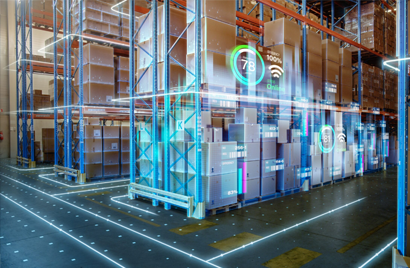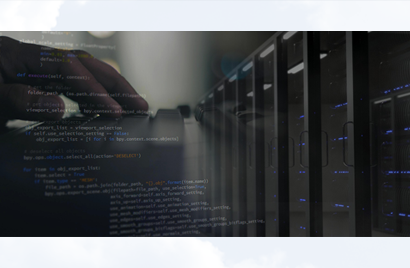The future is here, and it belongs to NoOps. Short for “No Operations,” NoOps refers to an automated IT environment that operates with a minimum of human maintenance. The result? Faster operations with vastly fewer errors and security risks – and no need for a dedicated operations team.
Read MoreThe advent of quantum computers is a sci-fi fan’s dream come true. These computers possess incredible, transformative power, enough to outdo today’s super high-performance computers. For example, the Canadian company Xanadu Quantum Technologies reports that Borealis, their quantum
Read MoreEver since Kubernetes brought its open-source container system to the Cloud Native Computing Foundation (CNCF) in 2016, organizations around the world have been jumping on the containers bandwagon. Containers, bundles of software that contain all the coding necessary to run apps anywhere, allowed
Read MoreThe term “Zero Trust” was coined in 2010 by security strategist John Kindervag. While working at Forrester Research, Kindervag envisioned a new approach to security where organizations assume that no one, and no device, is inherently “trustworthy.” According to the Zero Trust philosophy, users must “prove”
Read MoreIn a recent survey, 90% of senior decision-makers agreed that the cloud—combined with cloud-enabled technologies like AI, IoT, and analytics—serves as a “force multiplier” for businesses and organizations. However, that same survey also revealed an “innovation gap”: while companies prioritize digital transformation, many are not achieving the innovation they seek.
Read MoreIn the early days, databases housed primarily transactional information, such as the purchase price of an item or the tracking of inventory. Databases were useful in answering specific queries but could rarely tackle more significant, theoretical questions, like “Who is at risk of defaulting on their payment?” or “Is the customer satisfied?”Today, however, the number of data streams
Read MoreContracting officers play a vital role in ensuring the continuity and quality of essential government operations. Their work in securing large-scale contracts with capable and innovative vendors is a crucial step in the procurement cycle. The complexity of technology and digital solutions has evolved over time,
Read MoreThe global managed services market is expected to grow by at least 12% over the next five years,reaching $311 billion by 2027. Businesses with fewer than 500 employees comprise the vast majority of that growth as small and mid-sized companies realize the value of outsourcing nonmission-related activities, freeing up their talent and
Read MoreWith more organizations recognizing the value of the cloud, the Disaster-Recovery-as-a-Service (DRaaS)market is expanding rapidly—by 2022, it’s poised to grow into a $12.5 billion market at an impressive compound annual growth rate of 42%. This growth has also resulted in an increasing number of players in this market, leaving
Read More









